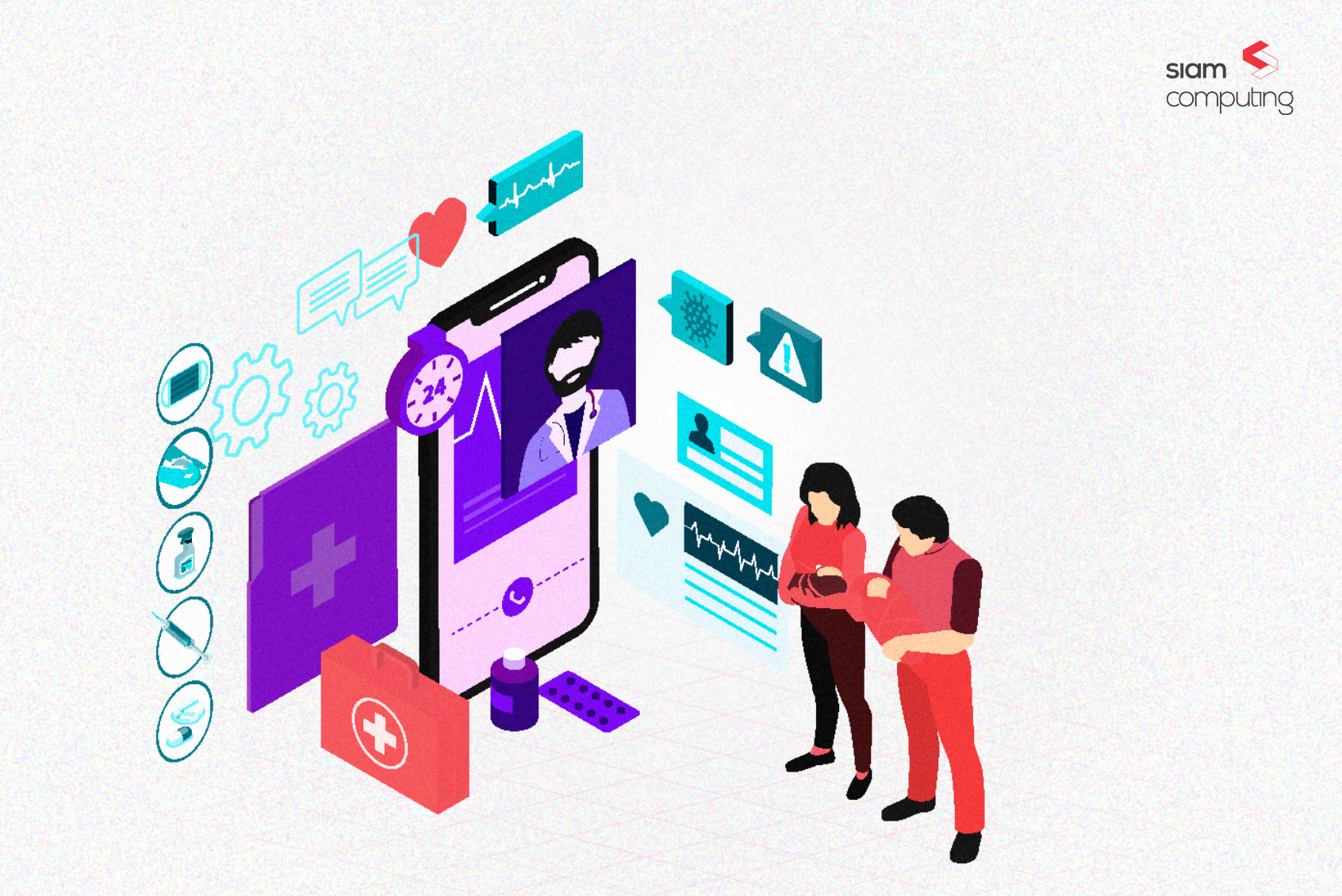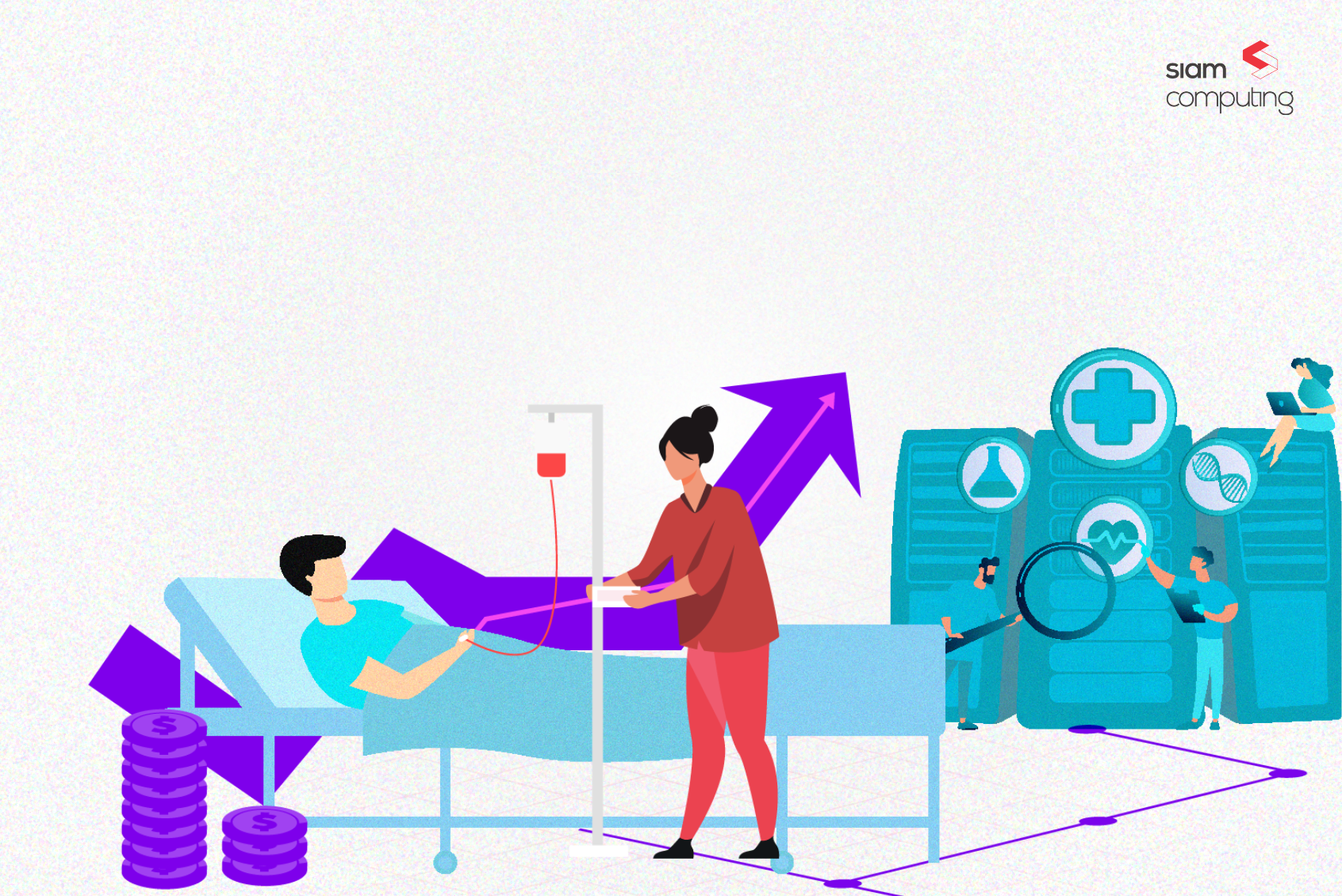Unit testing is a software testing method where individual units or components of a software application are tested in isolation to ensure their accuracy. They are typically automated and are written by developers to check if specific parts of their code produce the correct output for various inputs. These tests act as a safety net to catch regressions and ensure that any changes to the codebase do not break existing functionality.
Unit testing is typically performed by software developers, specifically the individuals who write the code for the software. It is considered a best practice for developers to write unit tests for their own code. Developers are intimately familiar with the code they write, making them well-suited to create tests that thoroughly cover the functionality of the individual units (functions, methods, or classes) they’ve implemented. In this article, we will understand unit testing in greater detail to understand its true importance as the basis of software performance as a whole.
Unit Testing- The Foundation of Software Accuracy
Unit testing is a quality assurance technique where application code is broken down into component building blocks – along with each block or unit’s associated data, usage processes, and functions – to ensure that each block works as expected. Before any software is developed and released, it must undergo a series of tests to ensure its accuracy and functionality. Software testing begins even before the completion of the application. This way, errors and bugs are detected early on, before they are lost in various codes.
Generally, every software passes through four stages of testing. The first is unit testing, followed by integration testing, system testing, and finally, acceptance testing. Unit testing forms the foundation on which all other tests are built. Therefore, the accuracy and thoroughness of unit testing impacts how well other tests can be carried out and reflects on the performance of the software as a whole.
The Purpose of Unit Testing

Unit testing is a crucial part of software development. Failure to conduct unit tests or doing it with ill-informed measures is likely to create execution problems down the line, costing more time, money, and human resources to fix the problem. The core objectives of unit testing include:
- Verifying the Accuracy of a Section of Code- Unit testing provides automated checks to ensure that small and individual sections of code perform as expected. This helps in prompt, rapid error detection and maintaining code accuracy throughout.
- Independent Sections of Code- Unit tests are typically written to focus on individual functions. As such, unit tests make it a prerequisite to design your code in such a way that these tests can be performed independently.
- Early Detection of Bugs- Unit testing enables you to identify bugs in your code in the early development phase. Early detection helps address and eliminate bug issues before they escalate to major problems in the later stages of development, when they can drastically affect performance and lead to increased costs and time to fix them.
- Programmer’s Understanding of the Code Base- Unit testing gives concrete examples of how code should be used and serves as documentation to help programmers analyze and comprehend the expected behavior of each unit of code.
- Easy Implementation of Changes – Unit testing enforces the isolation of concerns, with each unit having a specific task. This makes it easier to understand, maintain and extend your code, without being burdened by the complexities of the entire application.
- Feasible Code Reusability – Unit tests ensure that code units are self-contained and behave expectedly, making it easier to reuse them in different parts of the application without any unexpected turns.
Advantages of Unit Testing
Unit testing is the foundation of the overall software health and performance. It ensures modular, clean and easy to maintain code with existing functionality intact as the code evolves. Following are major advantages of unit testing:
Early Issue Detection
Unit tests help identify defects and issues at a very early stage in the development process, making it easier and less costly to fix problems.
Improved Code Quality
Writing unit tests encourages developers to write cleaner, modular, and more maintainable code. This results in better code quality and a reduced likelihood of bugs.
Regression Prevention
Unit tests act as a safety net, ensuring that changes or new code additions do not inadvertently break existing functionality. This helps prevent regressions in the software.
Documentation
Unit tests can serve as documentation for how a particular unit of code is intended to work, making it easier for other developers to understand and work with the code.
Facilitating Refactoring
Unit tests provide the confidence needed to refactor or restructure code without the fear of introducing defects. This promotes code evolution and improvement.
Isolation of Issues
Unit tests isolate individual components, making it easier to pinpoint the source of a problem. This speeds up the debugging process.
Faster Development
Although writing unit tests takes some time upfront, it can lead to faster development in the long run by reducing the time spent on debugging and issue resolution.
Enhanced Collaboration
Unit tests provide a common language for developers and QA teams to discuss and validate requirements and expected behaviors.
Cost Efficiency
Detecting and fixing issues early in the development process is typically more cost-effective than addressing them later in the software development lifecycle or after deployment.
Improved Software Stability
The cumulative effect of thorough unit testing is greater software stability and reliability, resulting in a better user experience and fewer disruptions.
User Confidence
High-quality unit-tested code instills confidence in customers and stakeholders, as they see that the software is rigorously tested and maintained.
Final Thoughts
In summary, unit testing is a critical practice in software development that not only improves code quality but also leads to more efficient development processes and better software outcomes. It forms an integral part of the software development process by contributing to better code quality, early issue detection, and prevention of regression that leads to more stable and reliable software products. It is considered as a best practice for developers and product teams to deliver better software with fewer defects.








